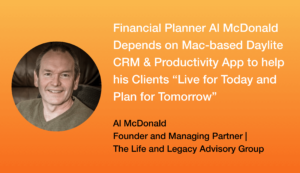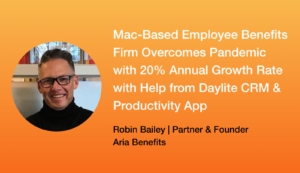Ben Brooks:
“it is something to keep in mind before you complain about how much that app is — considering that developers spend far more time making the app than you do making the money you are fretting about spending on the app”
A great piece about App pricing.


